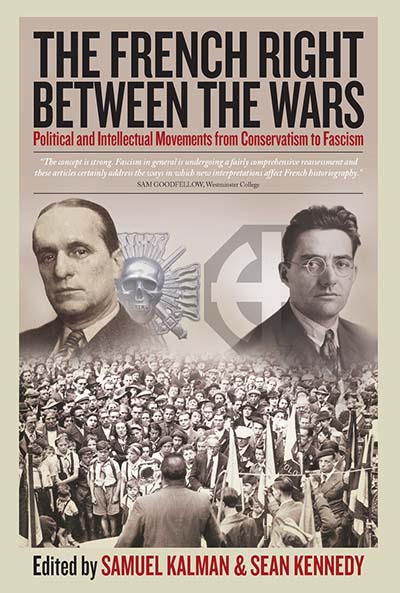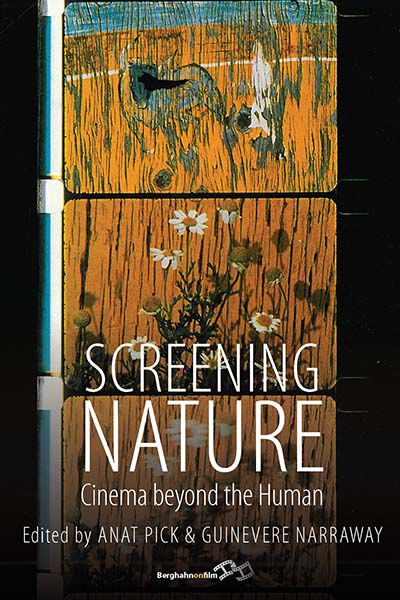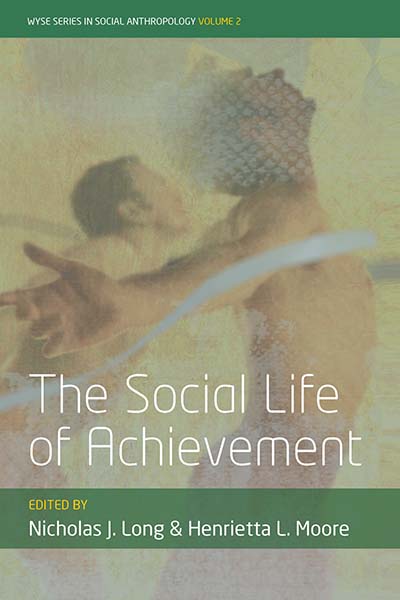 This post is the transcript of an electronic interview between D. S. Farrer and Jean-Marc De Grave. Farrer is the special issue editor for Social Analysis Volume 58, Issue 1, and De Grave is the author of the article Javanese Kanuragan Ritual initiation: A Means to Socialize by Acquiring Invulnerability, Authority, and Spiritual Improvement appearing in that issue. Below, De Grave answers a series of questions related to his article in Social Analysis.
This post is the transcript of an electronic interview between D. S. Farrer and Jean-Marc De Grave. Farrer is the special issue editor for Social Analysis Volume 58, Issue 1, and De Grave is the author of the article Javanese Kanuragan Ritual initiation: A Means to Socialize by Acquiring Invulnerability, Authority, and Spiritual Improvement appearing in that issue. Below, De Grave answers a series of questions related to his article in Social Analysis.
This is the second in a series of interviews with contributors to this volume. Read D. S. Farrer’s interview here.
Continue reading “Jean-Marc De Grave: Studying a Secret Initiation Ritual”

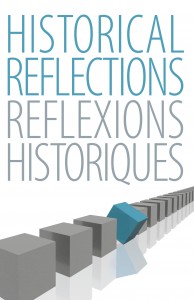
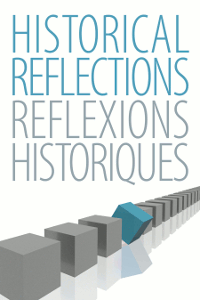 This is the third in a series of posts dedicated to celebrating the
This is the third in a series of posts dedicated to celebrating the 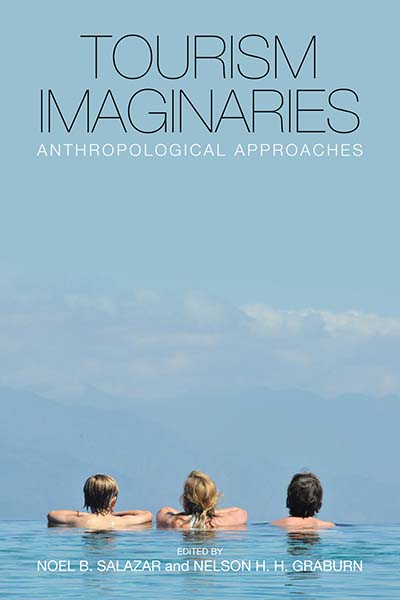 Anthropological Approaches
Anthropological Approaches 
